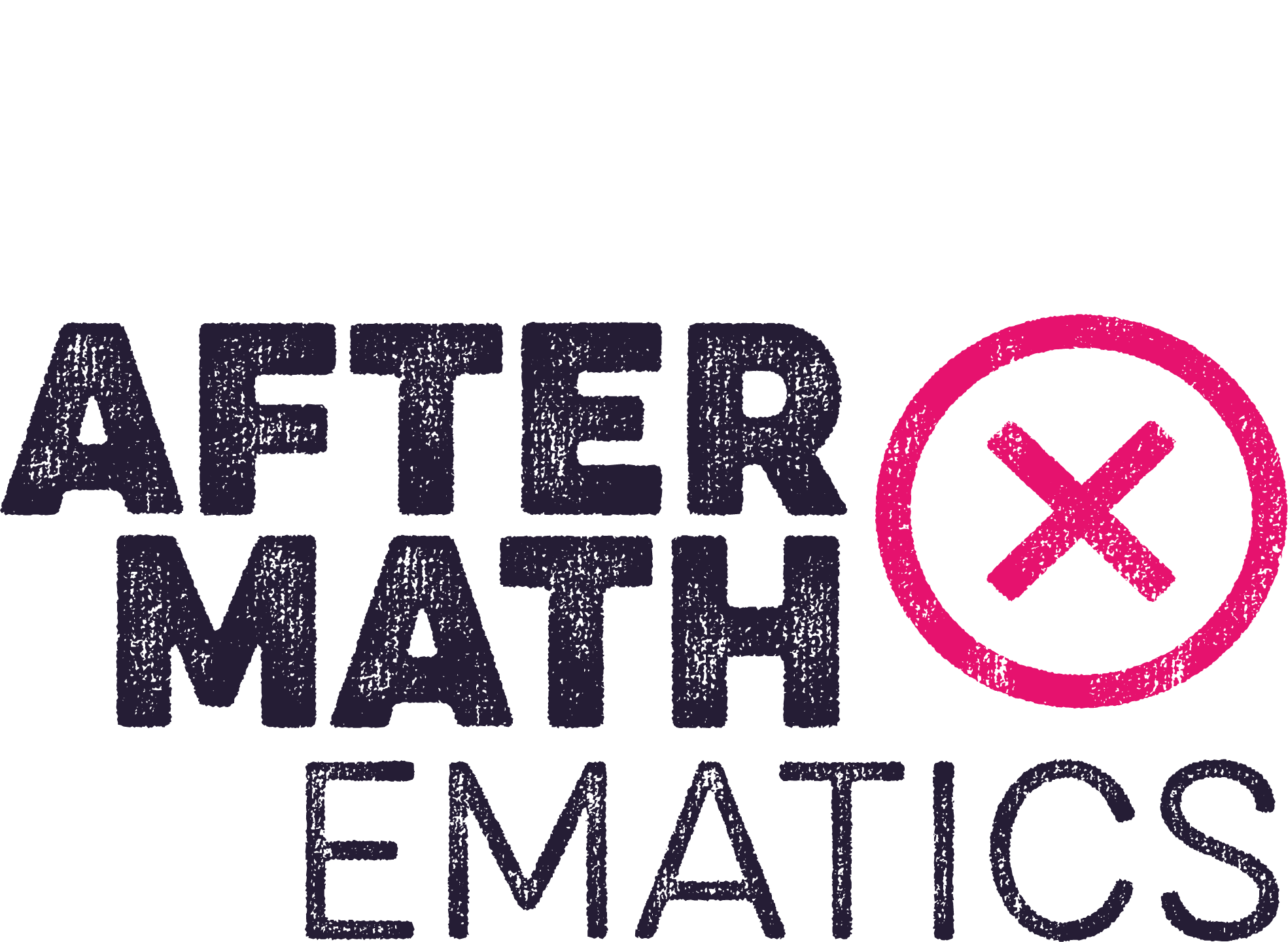D is for Debt

Without debt there could be no society.
“I owe so much to my parents.” “Those doctors saved my life. I’ll forever be in their debt.” “Thanks for dinner. It’s on me next time.” “If that stranger hadn’t stepped in…” “Do me a favour...?”
The fabric of human society is made up of this web of mutual obligations and debts. The problem begins when debt becomes QUANTIFIED and MONETISED.
“Thanks mate, I owe you one” – “I owe you £1”
Why do we owe so much? In the past four decades: benefits crashed; wages stagnated; housing costs ballooned. We can only maintain access to the commonwealth by getting into debt, by submitting to the grip of death. [Mortgage (from Latin), ‘deathgrip’.]
If you owe the bank £1000 you have a problem. If we all owe the bank, then it has a problem… but ONLY IF we all act in common
In Britain, 1989–1990, a mass non-payment campaign led to the poll tax being abolished after just 2 years. 1 in 3 refused their poll tax debt. Since 2010, in the United States, the Debt Collective and Strike Debt! are organising refusal of student debt and other debt.
In the midst of the COVID-19 pandemic, thousands of people worldwide are refusing to pay rental debts.
The capitalist economy is fuelled by debt – £1.6 trillion in the UK and growing.
The capitalist economy is fuelled by credit – by the belief that it will keep going, that tomorrow will be like today. [Credit, from the Latin credere, ‘to believe’.]
What would happen if we all stopped believing? What would happen if we all started refusing?
References
We’re indebted to many scholars and experiences for the ideas in this video, but we should give credit to a few. The idea that society is a network of mutual obligations and debts, which are later monetised and quantified, comes from David Graeber, in particular his book Debt: The First 5000 Years. George Caffentzis’s writing on debt has also influenced us: from him we have borrowed the ‘owing the bank’ example. In 1990 Werner Bonefeld, John Holloway and other comrades in the Edinburgh Conference of Socialist Economists organised a conference on The State, the Poll Tax and Class Struggle. The discussions there got us thinking about capitalism being fuelled by debt, from which follows the idea that anti-debt struggles are immediately anti-capitalist struggles.
